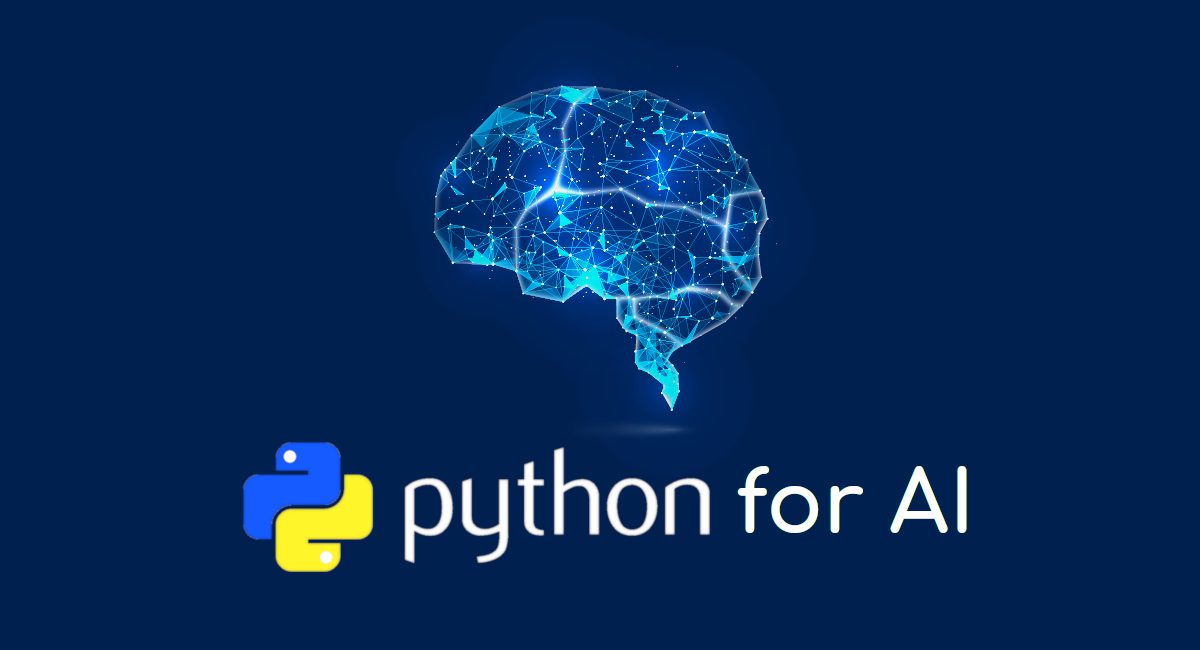About Python Language
Want to learn how to make your work productive and easy even though it is time-consuming? Python programming is a high-level programming language used by big organizations around the world such as NASA, National Security Agency, Bit Torrent, Netflix, and more to conduct data analysis and automate tasks. It is used widely by software developers to build their website effectively in alignment with the domain because of its features like object-oriented language which helps to break down tasks and gain clarity.
Before we delve into the features and benefits of Python programming, let us understand briefly what is meant by the programming language.
Programming Language
Programming language is a type of computer-specific language used to develop scripts, software development programs, and other instructions or codes that need to be executed by computers. Each language has a unique syntax. Once the programmer has become proficient in the syntax, structure, and rules, they can write the source code.
Types of Programming Language
There are many types of programming languages in the world based on their utility value
- High-level
- Declarative/procedural
- General-purpose/domain-specific
- Command/Script language
- Object-oriented
- Answer set
As discussed earlier, Python certification falls under the category of a high-level programming language.
Features of Python
A high-level programming language such as python programming allows the programmer to write codes for various programs independent of the type of device they are using. They are referred to as high-level languages because they are closer to human languages and far from machine ones.
Some advantages of high-level languages are:
- Easy to read
- Easy to write
- Easy to maintain
When we come to python specifically, the reason why more and more aspiring programmers around the world are keen to learn python is because
- Easy Coding
It is a developer-friendly language which means it facilitates easy learning within a couple of hours. When compared to other object-oriented programs such as C, C++, or Java, Python is far easier and so naturally, more preferred.
- Free
If you are eager to learn python one good news is that it is open source and so free. Anyone can further innovate and contribute to its development. Python is a platform based online where coders from around the world come together every day and try to take this language to the next level. Python is freely available for downloading and is compliant across systems whether it is Linux, Windows, or Mac.
- Object-Oriented
Python programming understands the concepts of object encapsulation and class enabling programmers to be more efficient.
- Highly Portable
If you are working with Python on Mac or Linux system and would now need to shift to a Windows system, you can easily do without altering the already created code. This is one big advantage of python programming unavailable for other languages.
- Integrated Language by Nature
Python executes the codes one line at a time. This makes debugging for print a lot easier as compared to other languages. Additionally, once the python code is executed, it gets immediately converted into a form referred to as byte-code which makes execution even easier and runtime even shorter.
Some other features of python programming are as follows:
- It provides for other languages as well
- It comes with an extensive array of libraries that can be imported anytime
- It is one of the most dynamic languages which does not require variable specification at the time of coding
Why should you go for a Python Course?
If you are planning to go for a B. Tech in Artificial Intelligence and Machine Learning (AIML) you can very well decide to specialize in python programming which is proving to be a highly in-demand skill amongst developers. In short, the benefits of learning python programming are listed below:
- Easy to learn
- Highly lucrative
- Low maintenance
- Increases productivity
- Makes career switching easier
When you enroll for a python course you become eligible to apply your skills across several platforms such as big data processing, system scriptwriting, back-end programming, mathematical computations, and software development.

